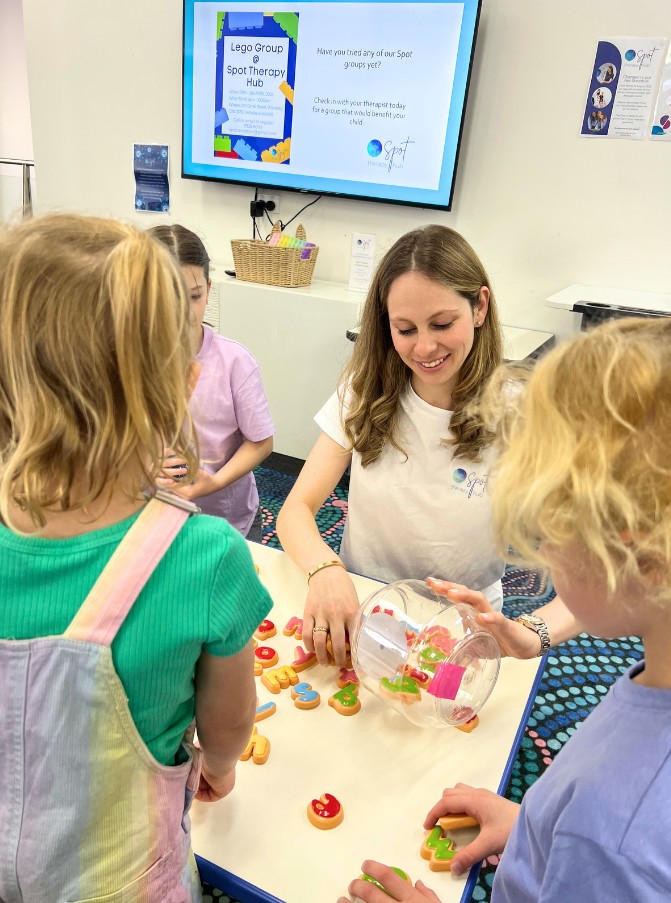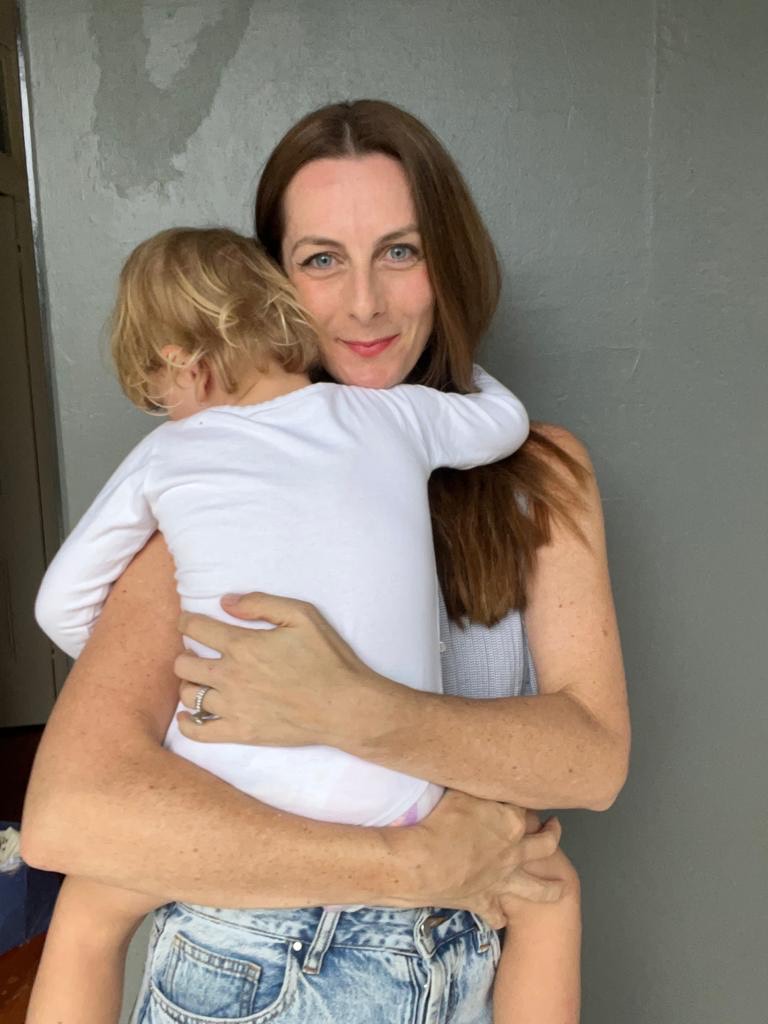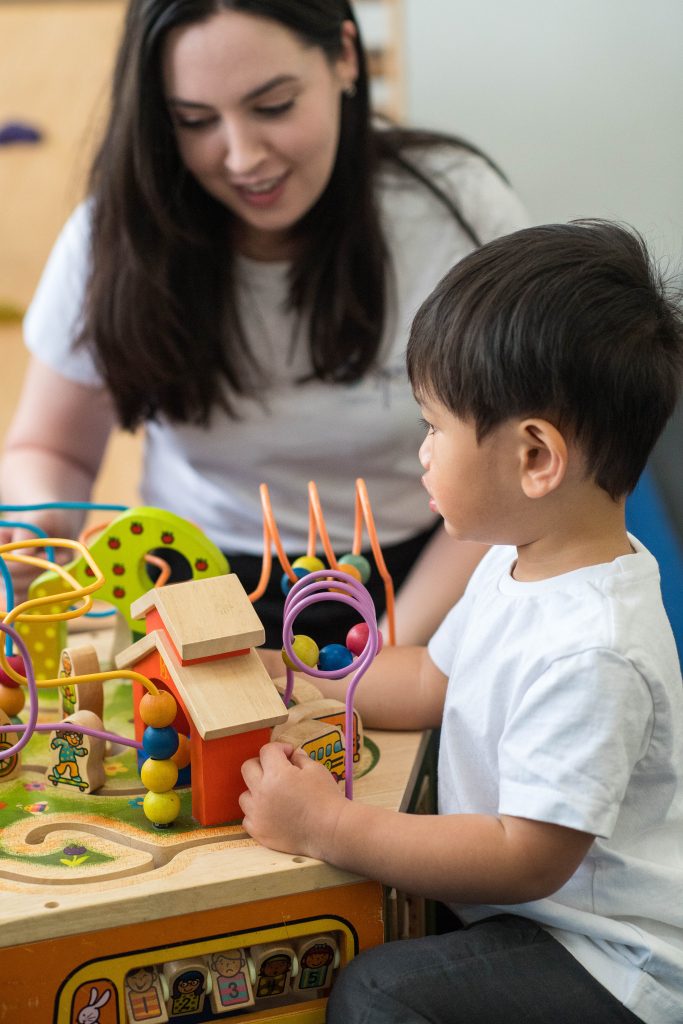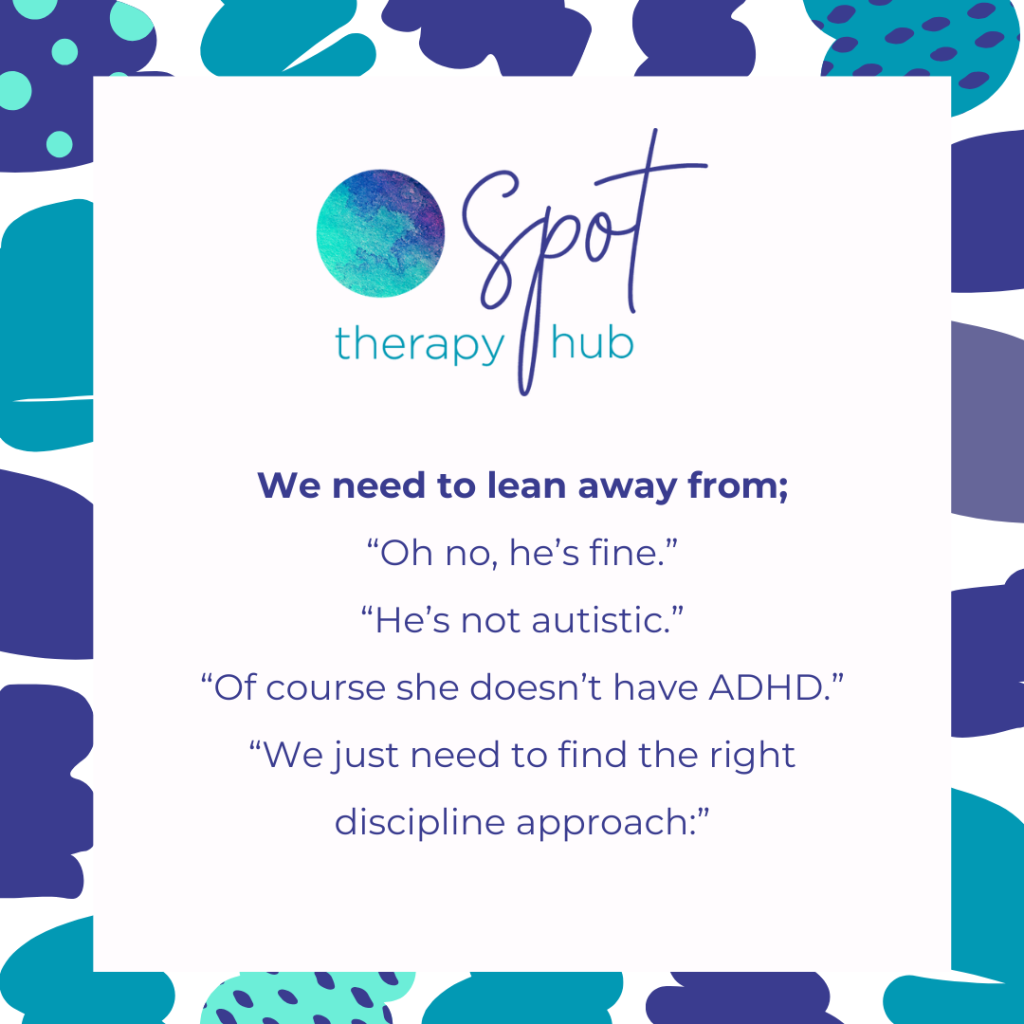



Parenting is a hard job. It absolutely can be rewarding – but without doubt it’s challenging.
We often meet children whose parents are reflecting on their ‘approach’. Parents are reflecting on what is ‘right’ for their child, and what aligns with their values.
It’s wonderful to see such strong representation and education regarding evidence based approaches: Gentle parenting, Responsive parenting and Attachment parenting, to name a few.
All these approaches have roots in understanding that children must be nurtured. We understand that the brains are still developing and that their behaviours are driven by needs, and never a desire to cause chaos or stress for others. Children are not manipulative. They are simply seeking CONNECTION, and when they experience secure attachment with a trusted adult, they are more likely to develop, learn and flourish!
It may not seem that your Gentle parenting approach is working if your child’s nervous system is in fight or flight. Sometimes, children are born with sensitive or neurodivergent brains. Often, these children are described as being deeply feeling. Their parents may notice signs of their child’s sensitive nervous system, as early as their first days of life. However, many parents, especially first time parents, don’t have a benchmark for considering whether their sensitive little one might really be experiencing the world significantly differently for other babies or children.


Parents who have very sensitive or neurodivergent children often find that their early ‘gentle’ parenting attempts, may not be enough to calm a sensitive child, let alone support them to follow an adult’s lead.
When it feels like a relationship-based approach is not working, they might try a ‘firm’, boundaried or behavioural approach.
For some, that may look successful (some children will suppress needs and demonstrate compliance in order to preserve their relationship with their caregiver). For others, it may seem to make things worse, and that can feel like “nothing” works.
BUT, the good news is – most parents did start with the right approach. They simply got lost because they did not have vital information about their unique child’s needs.
“As a therapist, I believe it is most helpful for parents to explore their child’s identity. This includes considering the possibility that their child could be neurodivergent.”
